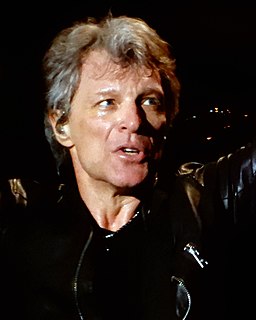A Quote by Glenn Beck
After the signing of the Constitution, Benjamin Franklin was asked by a woman on the street, "What have you given us, sir?" Franklin Responded, "A Republic, if you can keep it." A critical moment in history has come; our Republic is in jeopardy. Can we keep it? If the answer to that question, as I fear, is "no," then we have no one to blame but ourselves.
Related Quotes
There's a strong nativist tradition - saying, "we have to protect ourselves" - that comes from the founding of the country. If you read Benjamin Franklin, who was one of the leading figures of the Enlightenment in the United States and the most distinguished representative of the movement here, he actually advised that the newly founded republic should block Germans and Swedes because they were too "swarthy" - dark.
Ben Franklin was a little stout later in life and it was said that in Paris a young woman, tapping him on his protruding abdomen, said,"Dr. Franklin, if this were on a woman, we'd know what to think." And Franklin replied,"Half an hour ago, Mademoiselle, it was on a woman, and now what do you think?"
If Aristotle, Livy, and Harrington knew what a republic was, the British constitution is much more like a republic than an empire. They define a republic to be a government of laws, and not of men. If this definition is just, the British constitution is nothing more or less than a republic, in which the king is first magistrate. This office being hereditary, and being possessed of such ample and splendid prerogatives, is no objection to the government's being a republic, as long as it is bound by fixed laws, which the people have a voice in making, and a right to defend.
It's very important to face the grief, face the anger, and then get into a place where you are ready to fight because if you go back to the history of the United States of America, our Founders said we're giving you a Republic if you can keep it, and they also said we have a Constitution and we're going to form a more perfect union.
The whole history between Haiti and the Dominican Republic is complicated. We share the island of Hispaniola, and Haiti occupied the Dominican Republic for twenty-two years after 1804 for fear that the French and Spanish would come back and reinstitute slavery. So we have this unique situation of being two independent nations on the same island, but with each community having its own grievance.































